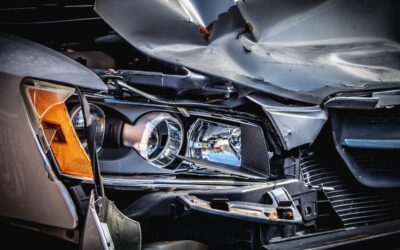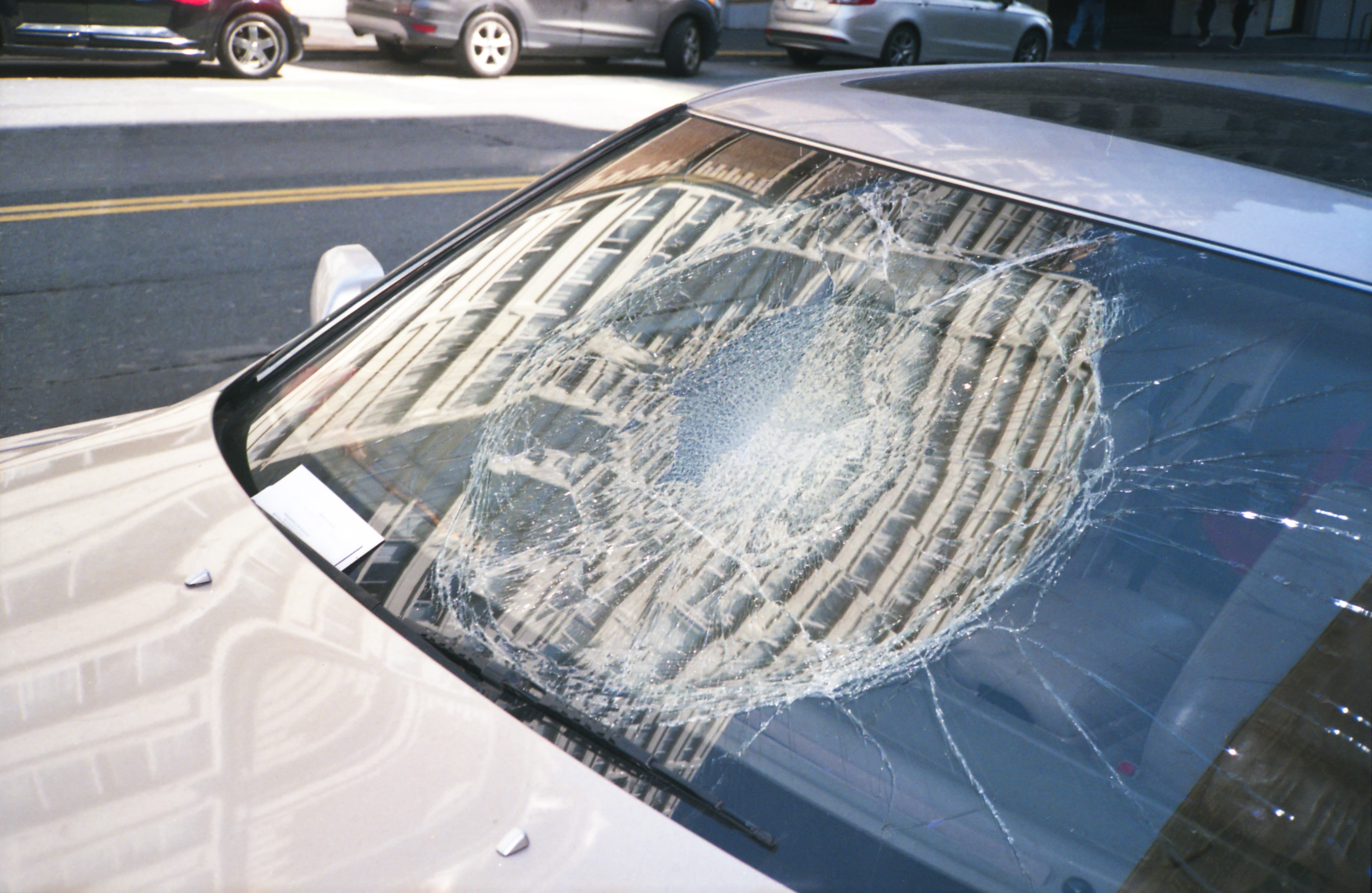Not all damages to your vehicle happen when you’re driving. Sometimes, it’s a hailstorm that pummelled your car’s hood and windshield whilst it was parked in your driveway. Other times, it’s because you left your phone in plain view in your passenger seat, and someone broke into your car by busting the window and stole it. Comprehensive coverage is sometimes called “other than collision” coverage – where collision coverage, as the name indicates, covers damages due to collisions with other vehicles and still objects.
Both comprehensive and collision coverage may be mandated for you to purchase if you lease or finance your vehicle. Even if they aren’t, they’re a highly recommended purchase that can help keep you from having to pay out of pocket for repairs to your vehicle as a result of unforeseen events. Read on for more information on the differences between comprehensive and collision and how they may be of benefit to your car insurance policy.
.
Comprehensive vs Collision Insurance – Frequently Asked Questions
Is collision better than comprehensive?
Neither is better than the other. They are both important types of auto insurance coverage, but they both offer very different types of protection. They can be used to compliment each other.
Collision insurance, on one hand, covers damages to your vehicle that could occur as a result of a collision with another object or a vehicle. It can happen if you merge into someone’s lane without checking your blind spot and hitting them. It could also happen if you slipped off the road and struck someone’s fencing on their property. It will not, however, cover damages that occurred due to non-collision, such as weather, theft, etc.
Comprehensive, on the other hand, does cover non-collision damages. It can include a wide range of incidents, such as theft, vandalism, falling objects, fire, weather-damage, etc. You could think of it like an all-encompassing policy for non-collision damages, but it doesn’t cover damage due to collision with another vehicle or an object.
No one is better than the other because it depends on your needs. If you are most concerned with the damages that could occur from a collision, then collision insurance is likely your best choice. If you think weather, theft, and vandalism are most prevalent to you, then you may want to purchase comprehensive insurance. But, if you have a newer car or one that is leased/finances, you may want to consider both.
Is collision the same as full coverage?
No, collision coverage is not the same as “full coverage,” especially since it does not cover damages that are not related to collisions. Full coverage would be a better term used to describe a combination of multiple different coverages, which would include collision coverage, but also comprehensive, liability, and so on.
There are requirements in Ontario that mandate a certain amount of coverage, not including collision, but which necessitate a minimum of third party liability, accident benefits, uninsured automobile, and direct compensation property damage. Collision coverage alone is not full coverage, although it can cover damage to your vehicle due to a collision with another car or object. With the mandatory coverage, plus collision and comprehensive, you might have a policy that fuller resembles “full coverage.”
However, everyone’s needs are different. Some people may need additional coverage depending on their situation and the usage of their vehicle. Ultimately, discussing with an insurance broker or representative is your best bet to ensuring more personalised advice.
Is collision worth it on an older car?
Although this question can’t be answered yes or no, there are some determining factors you can look at to determine whether or not carrying collision on an older vehicle is worth it. The most important factors that will help you to answer this question are the value of your car as it stands today, the cost of your collision coverage, and what your current finances are.
Sometimes, drivers choose to drop collision coverage (and sometimes even comprehensive coverage) because it is simply a means to keeping insurance more affordable. Remember that this is not an option if your leasing company or financing company has mandated you carry collision insurance, and you’ll only have this option once car payments have been completed.
There are circumstances where, if your payments have been paid, dropping collision coverage makes 100% sense. Say your vehicle was stored in a garage during the winter and you weren’t planning on driving it. Or, say you were going away on a long trip and your car was going to be left without being driven for that time. Dropping collision coverage makes sense, since there’s no risk of your car being damaged in a collision or accident, but you may want to maintain some level of protection to keep up your continuous insurance record and avoid any lapses in coverage.
It’s also worth noting that no one’s situation is the same. Consult with a financial advisor or an insurance broker for personalised advice on whether or not to keep your collision coverage.
At what point is collision insurance not worth it?
As mentioned previously, there are a few situations where collision insurance may no longer be worth the price. Consider asking yourself the following questions:
- If you reasonably have enough money saved up to replace your car in the event of an accident. If not, you should have collision coverage.
- What is your car’s total value? If it’s worth less than what your collision coverage would cost you, it’s probably not worth having coverage and that money would be better saved for a new vehicle when the time comes.
- How much does the collision coverage cost? If it’s more than the cost of potential repairs/replacements, then it may not be worth it.
- Are you still making car payments? It might be a condition of your agreement to keep collision coverage.
Ultimately, whether or not you choose to keep collision insurance depends on your personal circumstances. Before dropping collision insurance, consult with a broker for their own list of pros and cons.
Note as well that you can keep comprehensive coverage but drop collision coverage, so long as you aren’t being mandated to carry it from a leasing/financing company.
Does comprehensive mean full coverage?
Although comprehensive is an extremely “extensive” variation of coverage, it doesn’t necessarily entail “full coverage.” Comprehensive coverage protects drivers against a wide array of different perils unrelated to collision, including hail damage, falling objects, fire, theft, vandalism, etc., but like any insurance policy, it has its limitations.
“Full” coverage, as mentioned previously, is a combination of all the necessary coverages that would sufficiently protect you, as a driver.
Collision coverage is an add-on to an existing policy, so it will need to be separately requested and included for an additional premium. Remember that it is also subject to a deductible, which will need to be paid if a claim is approved before the insurance company pays the remaining repair costs for your vehicle.
If you are unsure of what constitutes full coverage for your own circumstances, review your coverage with a broker to determine what you need in order to have peace of mind and drive without worrying about being vulnerable.






